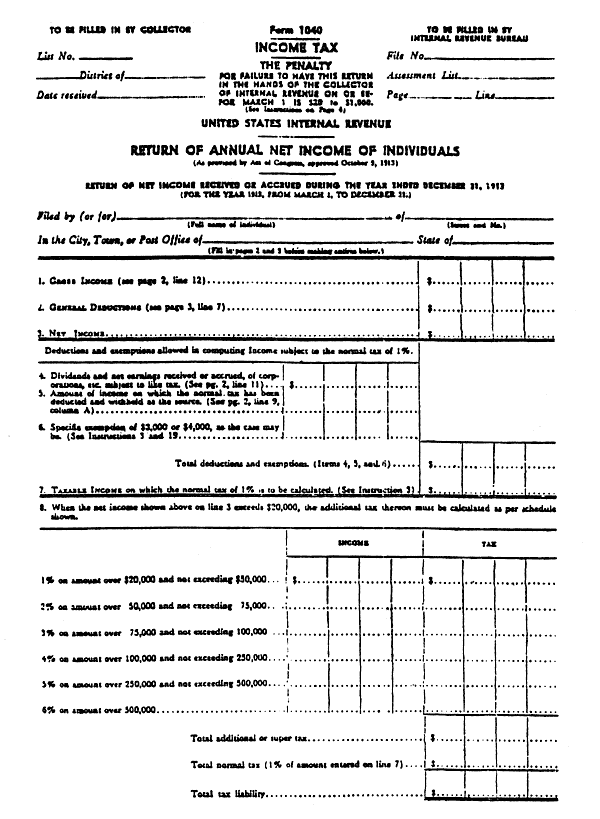As my blog-neighbor Lee Rosenbaum reports, the proposed 2014 budget from the White House would cap the tax benefit for charitable donations at 28%. In the U.S., where donations are deducted from the income tax base, the actual rate at which your donation is subsidized is your marginal tax rate, i.e. the rate that applies to your last dollar of income earned. Marginal tax rates rise with income, with a top rate of 39.6%, and so a wealthy donor who gives $100 to the local museum gets an income tax reduction of $39.60. The budget proposal would … [Read more...]
Archives for April 2013
Arts policy research is expensive
In an earlier post I talked about how firms with a large set of distinct items to sell - a cable television provider with many channels; a museum with many rooms - would find it most efficient to offer only a package deal to customers, with no a la carte offerings, even when customers complain that they really only want a very small sample of what is on offer. An example I did not give at the time was academic publishing. But publisher's strategies follow this same model. As an example, I will use Taylor & Francis, although I will note … [Read more...]
How quality differentials work
It is standard practice to offer to customers a range of quality levels. In clothing, electronics, and cars we see firms offer a range of products as a means of price discrimination: some customers are on a budget, or don't care so much about the luxury of the item, and are looking for something basic and low-price. Other customers really do care about distinctions of quality, and are willing to pay to get the best. It's not difficult then to see the logic in offering standard and premium goods. The rule of thumb is this: the quality … [Read more...]
Paywalls at Newspapers and Museums
Felix Salmon investigates how newspaper paywalls are evolving: In the early days of paywalls, some content was free, while other content you needed to pay for; the meter, in theory, replaced that system with one where the determination as to whether an article was free or not was a function of how many other articles the reader had read, rather than being a function of the content of the article itself. But this is a bit simplistic: [I]t’s a mistake — at least from a purely financial perspective — to treat all readers equally. Some readers … [Read more...]
How bundling works
LOVEtheatre of London will provide me with a special deal: I can get two tickets to Wicked, together with two "free" meals (drinks not included) to be chosen from a short list of participating restaurants. But if they want to attract me to Wicked, why not just lower the ticket price? Why give me the discount through a dinner for two? Delta airlines will save me money on a trip to Puerto Rico, but only if I stay at the Sheraton, and the trip is for three nights. If I buy gasoline from Shell, I can get a discount on a ski lift pass. But what do … [Read more...]




